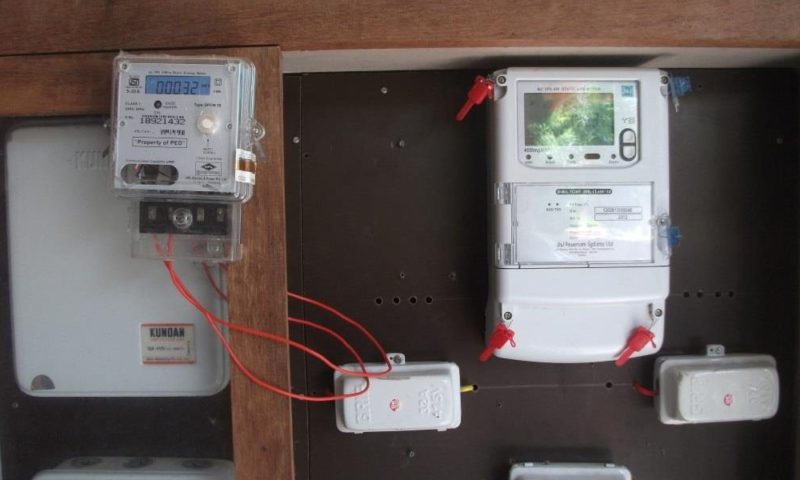The Union power ministry has planned a massive rollout of 25 crore smart prepaid meters over the next 3-4 years. This is a laudable objective but the journey is arduous.
Prepaid meters can be the most optimal solution towards bringing much needed commercial efficiency in power distribution utilities. When prepayment sets in as a culture, discoms will technically never face the issue of outstanding dues from consumers.
The recent case in Bihar is very promising. During the peak of the pandemic, around June 2020, when most discoms were struggling to issue physical bills to consumers, some state-owned discoms in Bihar were raking in revenues of Rs.5 lakh per day from areas where prepaid meters were deployed. This has been the biggest manifestation of the advantages of prepaid meters, in recent times.
Thanks to mobile telephony, much of India, including rural and semi-urban India, is well acquainted and has accepted the prepayment culture. Migrating to prepayment in the electricity sector should therefore not be much of a culture shock.
Now for some technical insight; prepaid meters are necessarily smart meters but not all smart meters are of the prepayment type. In other words, a prepaid meter becomes so due to the “prepayment” feature. Smart meters, at the time of their manufacture, need not come with the prepayment feature. If they do, then converting a conventional smart meter into a prepaid meter takes nothing more than a technical intervention of activating the prepayment feature. If they don’t then the existing smart meter would need to be replaced, or the prepayment option retrofitted at the manufacturing facility.
The journey towards comprehensive prepaid metering – 25 crore meters by 2025 or so – though rewarding, will be quite a challenge to accomplish. According to latest official statistics, India’s smart meter population, as of early May 2022, stood at 4.29 million that included 0.84 million of the prepaid type. The total number of smart meters (including prepaid) sanctioned is currently 11.25 million. The stock of smart meters currently available for ready deployment is around 0.41 million. Hence, the road towards the eventual target of 250 million meters is still very long.
On the brighter side, domestic meter manufacturers are confident of ramping up capacity and meeting the country’s emerging demand. There is also a growing demand for project implementation agencies and system integrators. Standardization of communication protocols used in smart meters is also an issue that government agencies and meter manufacturers are actively looking into.
Whatever the challenges be, the nation’s ambition of comprehensive prepaid metering needs to be supported at all levels. State discoms have been atrophied over long years of decadence, and prepaid metering can be an important first step towards their financial resurrection.

